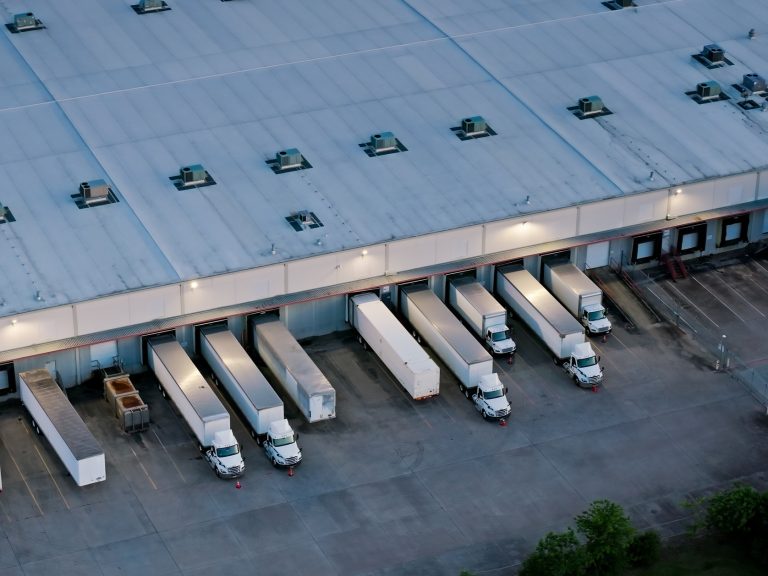Calls for tighter rules for Airbnb operators

Airbnb has challenged calls for tighter regulation on the short-stay industry, saying a new report relies on “dodgy data”.
“While well-intentioned, the Institute for the Study of Social Change’s latest report is flawed and paints a misleading picture of the Airbnb community in Tasmania.,” Airbnb’s Head of Public Policy ANZ Brent Thomas says.
“It is disappointing that the Institute continues to rely on dodgy data obtained from unreliable sources to make inaccurate claims and confuse ‘entire home listings’ with actual entire homes. “The Institute has also put the cart before the horse by making policy recommendations before having all the facts.”
Thomas was reponding to a new report by the institute which called for all short-stay operators to be registered.
Thomas challenges claims that Airbnb properties are taking homes off the long-term rental market.
“The fact is, “full-time” Airbnbs comprise just 0.25% of the housing market. Factors such as population growth, and the lack of new homes are much more significant in driving rental affordability,” he says.
EARLIER: All short-stay operators in Tasmania would need to be registered and apply for a permit each year under a range of sweeping reforms recommended in a new report.
The University of Tasmania’s Institute for the Study of Social Change is calling for greater regulation to help ease the impact of short-stay operators such as Airbnb on the state’s housing sector.
The Institute’s latest report into the sector shows that short-stay accommodation (SSA) growth has slowed slightly in Hobart but yields remain high and continue to put pressure on the availability of long-term rental properties.
“Our conservative estimate is that almost 400 (393) residential dwellings in the Hobart local government area, approximately 6 per cent of the private rental stock, have been converted to SSA (667 in Greater Hobart) since 2016,” the report states.
“Given the current shortage of rental accommodation in inner Hobart (with a vacancy rate of 0.4%) we argue more targeted regulation is required.”
While the report, Insight Eight: Regulating Short-Stay Accommodation in Tasmania, acknowledges the current and proposed laws provide a foundation for regulation, it argues more action is needed.
It proposes five key policy changes:
THAT government establish a comprehensive range of SSA permit categories so that all hosts are required to register for a permit on an annual basis.
PERMITS be used to deter SSA use in high-demand areas through increased charges or caps outlining the maximum nights a property can be available for bookings each year.
THE Government amend the current planning scheme to allow consideration of housing market conditions when making planning decisions.
THE current planning scheme include provisions so that it can respond to community-level housing needs in a timely manner.
ESTABLISH a Housing Supply Forecasting Council to collect and analyse housing supply and demand drivers.
Report co-author Julia Verdouw says Tasmania’s Airbnb-style accommodation enjoyed strong growth with an 8% jump in visitor numbers.
“The question facing the state is how to develop an effective regulatory framework that embraces the opportunities the sector offers, while dealing with the challenges it has helped create,” Dr Verdouw says.
“Tasmania faces significant housing challenges, including an acute shortage of affordable long-term rental accommodation, particularly in Greater Hobart.”
Institute director Professor Richard Eccleston says he hopes the report will add to the housing debate including the Legislative Council inquiry into short-stay accommodation and the Short Stay Accommodation Bill 2018 being now before state parliament.
“There is evidence that carefully designed regulation would have little impact on the growth of the short-stay sector and wider visitor economy, but could improve housing outcomes for Tasmanians,” Professor Eccleston says.







